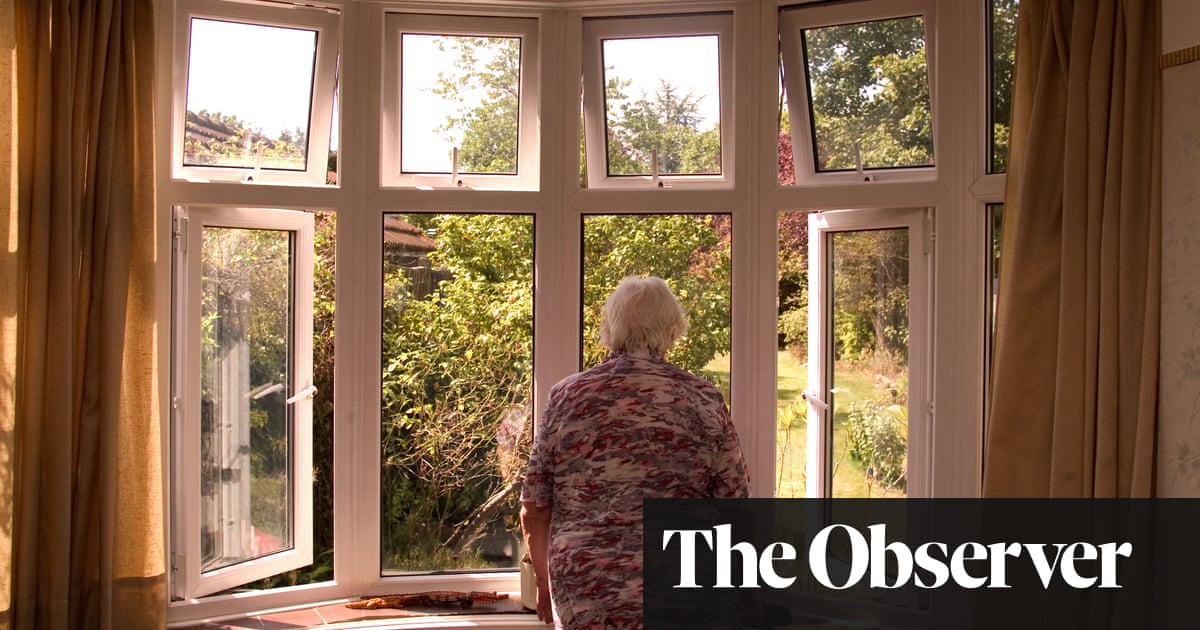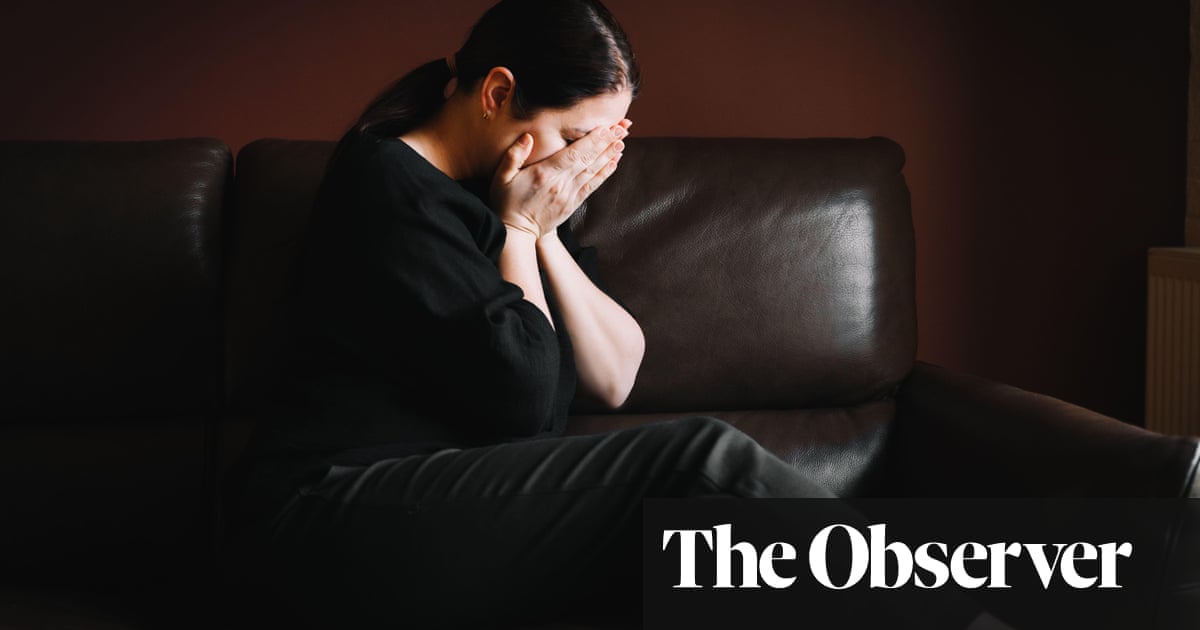
The question My partner has suffered from depression for decades, but only saw the doctor once, stopped taking the medication after a few months, and refuses to go on it again. They won’t talk to anyone or seek help professionally or from family – not even me.
In the last two years, Covid has had a major impact on their mental health, and their behaviour on top of this is now affecting me massively. In the past, I’ve been told I’m very positive and happy. I’m certainly not that now. But I don’t want to go on medication myself.
I try hard to get things right, and I’m not perfect – but nothing I do is good enough for them. They talk at me as though I’m stupid. It is not in my nature to be aggressive, but sometimes I have to defend myself. I’m being constantly made to feel guilty that everything is my fault. There’s no logic to their thoughts.
They don’t have any close friends or any hobbies, and they seem to resent me when I do things, but they won’t do them with me.
I would like to see change – how though? After so many years it seems unlikely.
Philippa’s answer It is as though you are both stuck in a game of who is right and who is wrong, each of you jostling for the superior position. Resentments mount up and yet you are both locked in. Neither of you is changing, neither is leaving.
Many counsellors use something called the Karpman Drama Triangle to make sense of what is happening in a relationship. The point of it is to put to one side what you are arguing about and examine instead your patterns of relating to each other. Imagine a triangle: the pointy bit at the bottom is labelled Victim, and the other two corners are labelled Persecutor and Rescuer respectively. At the moment, you are dancing around the triangle from Rescuer to Persecutor to Victim and back again. What seems to me to be happening is that you get into the Rescuer role by trying to persuade your partner to get help for their depression. It sounds like they experience this as persecution and they get defensive and persecute back and then you feel like a victim.
So, how to escape from these three unhelpful roles? First, how not to persecute: you can ban yourself from using certain phrases, such as “You always…” “You are…” “You should…” In other words, don’t tell them what they are like, don’t define them and don’t give unasked-for advice because these types of remarks are likely to be experienced by them as persecutory, however well-intended the sentiment behind them is.
Secondly, when you are trying too hard to get things right for them, that’s when you are in the Rescuer role. This could be perceived by them as patronising. We get into rescue mode when we do things for people that they are capable of doing for themselves and it can be experienced by them as infantilising. Don’t even try to be perfect, being you is enough.
Thirdly, when you play the victim, you are giving away your power. Recognise when you are playing the martyr and stop. You have friends and hobbies, you can get your sense of who you are from others and from things you enjoy. If you allow yourself to be dragged down by your partner, you will resent them for it. If you don’t allow it, you won’t. And you know what they say about resentment? “Resentment is like drinking poison and expecting your enemy to die.” Real victims are helpless and cannot take responsibility for their predicament. Playing the victim is different – you are choosing not to take responsibility.
Even when your partner belittles you, you don’t have to play the victim to their persecution. When I’m insulted, I can use the following way of diffusing the situation instead of getting aggressive. For example, in response to the insult, “You’re stupid”, I could say, “Oh, you think I’m stupid, thanks for letting me know.” In other words, I don’t agree or disagree with what has been said, but show them I’ve heard. When we feel heard we don’t have to shout louder. Echoing back what you’ve heard so you don’t ignore them will calm things down. If they say something like, “Doctors can’t help me” you don’t have to argue, you can just respond with, “Ah, you feel doctors can’t help you.” After you’ve both agreed that they believe doctors can’t help, you might say, “I would be so much less anxious if you gave the doctors another try.” This will be experienced by them differently than the more combative, “You should…” because you’d be defining yourself and not them.
There is much less logic to any of our thoughts than we’d like to believe. Logic rarely solves disputes but when there is a mutual understanding of feelings, it is far easier to reach a solution. This means instead of trying to win using logic, try instead to understand by listening to feelings, yours and theirs, as this is the path to compromise and getting unstuck.
Short answer, you can change how you react to them and see what happens or you can leave. But if you do leave, beware the Karpman Drama Triangle doesn’t get the upper hand in subsequent relationships.












